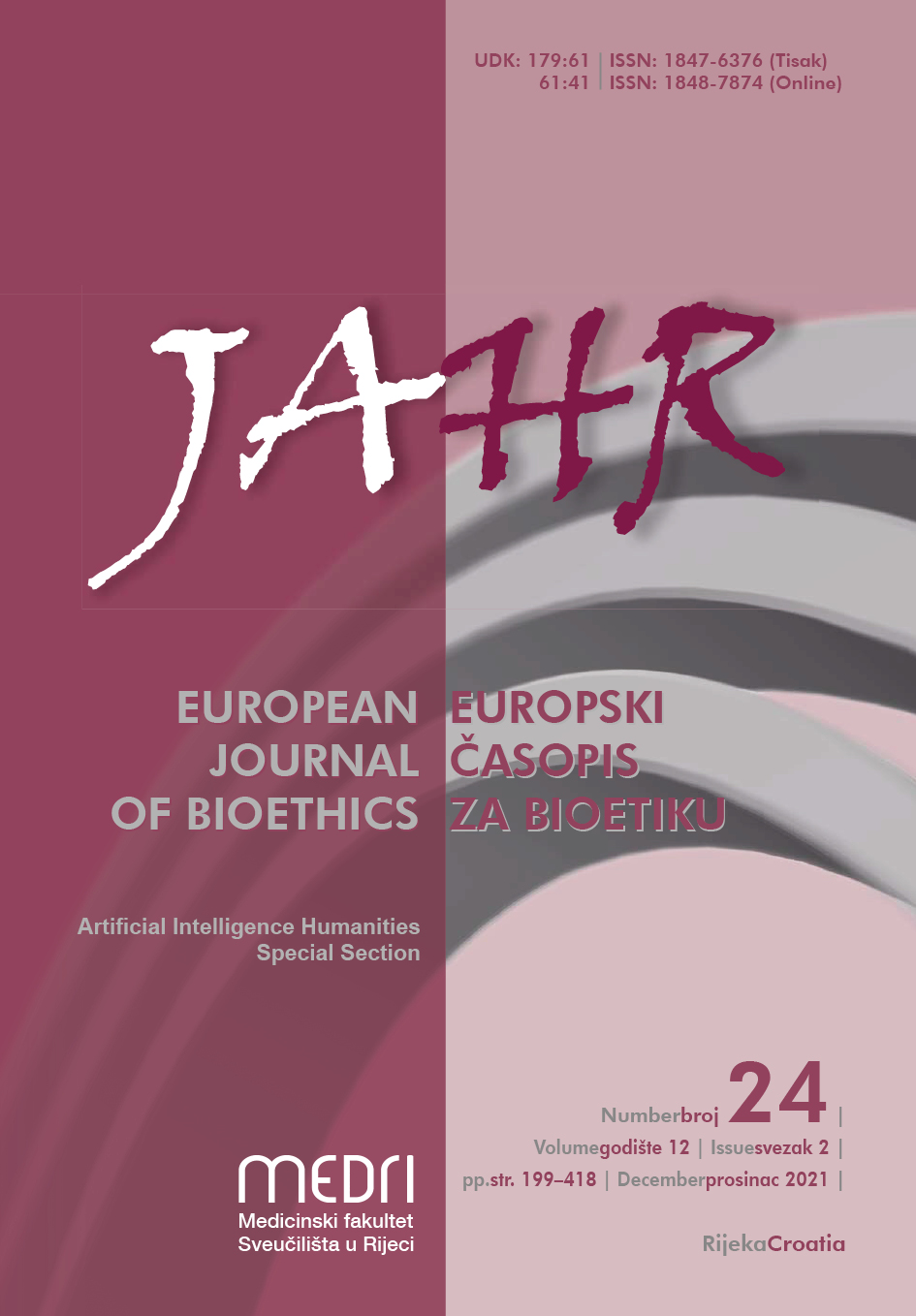Bioethical aspects of the impact of conspiracy theories on the fight against the COVID-19 pandemic in Croatia
Ključne riječi:
bioethics, conspiracy theories, COVID-19 pandemic, vaccination.Sažetak
https://doi.org/10.21860/j.12.2.5
With the outbreak of the COVID-19 pandemic in the spring of 2020, humanity faced a completely new challenge, how to react and behave in the time of the pandemic. At the beginning of the pandemic, numerous conspiracy theories emerged whose primary purpose was to bring unrest and fear to the public. Globally, the race has begun to develop a successful virus vaccine that will end the pandemic. Thanks to the tremendous efforts of a large number of scientists and tens of billions of dollars of public money invested in vaccine research and development, a vaccination campaign across the planet began in late 2020 and early 2021. Even before the vaccination campaign began, conspiracy theories began to circulate widely, questioning the vaccine’s effectiveness. These conspiracy theories have had a significant effect on the willingness to vaccinate a section of the public. Conspiracy theories regarding their harmfulness to human health, and the fact that they directly prolong the duration of a pandemic and contribute to unnecessary death from coronavirus, are a first-rate and current bioethical issue. In this paper, we will analyse the stated claims of conspiracy theorists and their impact on Croatian citizens and the motives for which almost half of the Croatian citizens hesitate or do not want to be vaccinated at all.
##submission.downloads##
Objavljeno
Broj časopisa
Rubrika
Autorska prava
Autori koji objavljuju u ovom časopisu slažu se sa slijedećim uvjetima:
- Autori zadržavaju autorska prava i dodjeljuju pravo časopisu na prvo objavljivanje uz istovremeno uvažavanje Creative Commons Attribution License koje omogućava drugima da dijele rad uz priznavanje njegova autorstva i početne objave u ovom časopisu.
- Autori mogu sklopiti zasebne, dodatne ugovorne dogovore o neekskluzivnoj distribuciji objavljene verzije rada (npr. objaviti ga u repozitoriju institucije ili ga objaviti u knjizi), uz priznavanje da je njegova početna objava bila u ovom časopisu.
- Autorima je dopušteno i ohrabruje ih se da objavljuju svoje radove putem društvenih mreža (npr. u repozitoriju institucije ili na njenim internetskim stranicama) prije i za vrijeme prijave obzirom da to može doprinijeti produktivnoj razmijeni te ranijeg i većeg citiranja objavljenog rada (Vidjeti: The Effect of Open Access).



